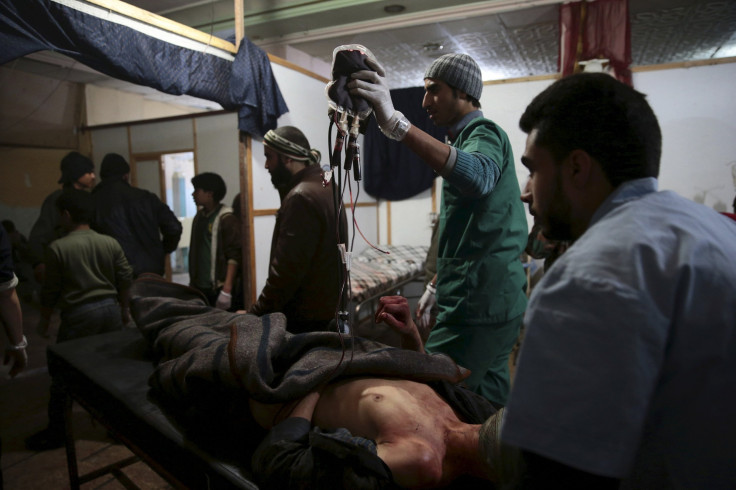Three Simple Interventions Improve Survival Of Severe Head Injury Victims, Says Study

Three simple interventions by paramedics could make a difference in the lives of those who have sustained severe head injuries, according to a study.
For the research work titled “The Excellence in Prehospital Injury Care (EPIC) Study”, a group of researchers from Arizona looked at data from 21,852 patients from various parts of the world with critical, severe or moderate head injuries. The patients were immediately transported to the hospital by ambulance after the incident and they were given adherence treatment by the paramedics.
While analyzing the medical history of these patients, the researchers found that three simple interventions by the paramedics increased the survival rates of traumatic brain injury (TBI) victims and people who required breathing tube for survival.
The three interventions are prevention and avoidance of hyperventilation, prevention and treatment of hypoxia as well as addressing and treatment of hypertension.
When paramedics focussed on these three simple interventions on severely injured patients, the survival rates of those who depended on a breathing tube for securing their airways tripled. These techniques also helped the paramedics in doubling the survival rates of those who sustained TBI.
After analyzing the collected data for eight years, the researchers from Arizona found that prehospital TBI guidelines played a vital role in improving the health of severe TBI victims. However, it did not have any effect on overall survival rates.
In the past, paramedics depended on hyperventilation to blow off carbon dioxide. Though this method played a vital role in reducing the intracranial pressure inside the patient’s skull, it also reduced oxygen and critical blood flow. As a result, brain cells of the patient died within 4-5 minutes of diminished blood flow.
So, EPIC reinforced the need to correct age old practices and corrected the course by emphasizing on the importance of avoiding hyperventilation. The study also gave a chance to paramedics to observe the vital parameter that has a long lasting impact on neurologic outcome.
The research work that was published in a journal called JAMA Surgery is the first major prehospital study for evaluating the impact of national prehospital TBI treatment guidelines on critical, severe and moderate TBI victims.
The researchers -- Daniel W Spaite, Bentley J Bobrow and Samuel M Kelm from the Arizona Emergency Medicine Research Center in College of Medicine at The University of Arizona in Phoenix – focussed on the Association of Statewide Implementation of the Prehospital Traumatic Brain Injury Treatment Guidelines With Patient Survival Following Traumatic Brain Injury in their research paper EPIC study.
This study included over 130 emergency medical service agencies/systems throughout Arizona. This was a multi system, statewide, intention to treat study. It was conducted using a before and after controlled design of patients with moderate or critically severe TBI, who were transported to trauma centers.
© Copyright IBTimes 2025. All rights reserved.





















